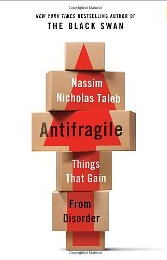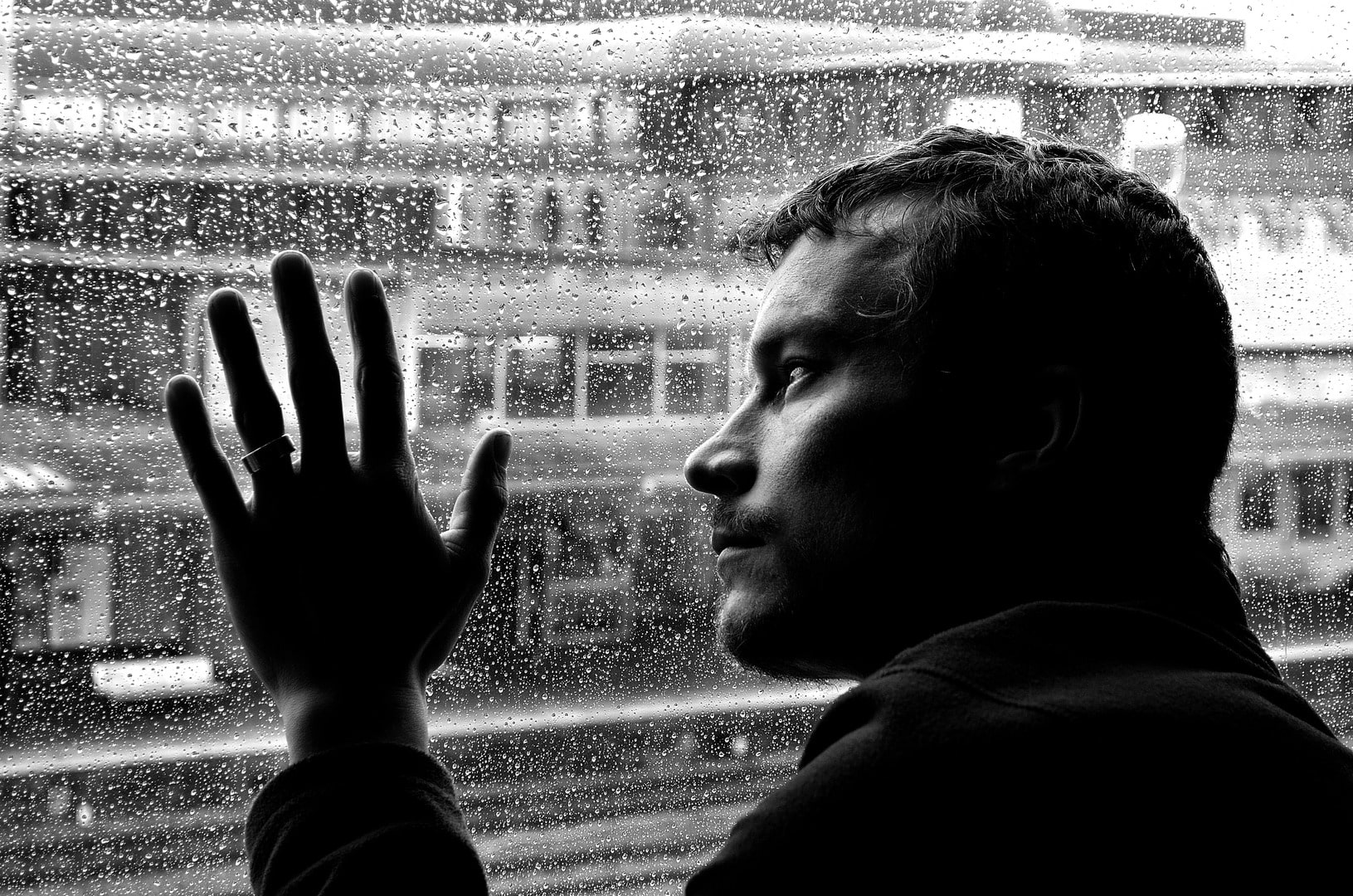‘What does not kill me, makes me stronger’.
Friedrich Nietzsche, Twilight of the Idols, 1888
Our lives are easy in many ways. Most of us are not starving, we have a roof over our heads, water, clothes, entertainments, and more. We have defeated numerous threats like diseases, starvation, and lawlessness. The standards of living have increased massively in the last few centuries. But perhaps it’s not all good. Does this life of milk and honey come with a price?
Are the comforts we enjoy harmful?
‘We are cushioned by a make-believe, unreal world, and we have no idea what we can survive because we are never challenged or tested’
Chuck Palahniuk
Don’t get me wrong the comforts we enjoy have improved our lives in many ways and this is not a call for us to be ashamed or guilty.
Nor do I want to belittle those individuals who do live tougher lives. Those who are homeless, on the poverty line or with incurable illnesses.
But all this convenience and comfort has not brought about less suffering, but rather a different kind of suffering.
Furthermore, how much of this suffering is the result of society and the way we live?
It appears as though our toughness, our resilience has faded. We exercise less, eat crappier food, stay indoors more and have fewer close connections to each other. Tough times and environments create tough people.
So we are fatter, unhappier, less fulfilled despite all this abundance. Health, in particular has become a massive problem.
We can’t forget mental illness either with anxiety and depression brought on by loneliness, isolation and the fragmentation of society. The codling of our minds means we are ill equipped to face uncertainty and hardship. Tough times and environments create tough people.
We’re no longer dropping from communicable diseases. Instead, it’s diseases of lifestyle that claim us. Obesity and diabetes often hit the headlines with the USA the most obese nation in the world. Autoimmune diseases including allergies are also a major problem.
Tribal societies however like the Piraha of the Amazon don’t suffer from such self-doubt or depression as we do in our developed countries. It seems that with all the benefits of clean water, an abundance of calories, public transport we have become victims of our comforts.
If a crisis were ever to happen like a major catastrophe how well would we cope? When things go wrong it shows how good we are at coping. A crisis exposes our vulnerability and weaknesses like nothing else.
Modern economics can mean for some being overworked. Anthropologists say that in past our hunter-gatherer ancestors worked only a few hours per day, and it’s not what we would call work.
Night work means we lose connection to the natural rhythms of the world and our body. Such a lifestyle is connected with a number of health problems.
The emphasis on the superficial is leaving problems unsolved as we seek not solutions but temporary fixes. We’re no longer exposed to much nature directly. Instead, noise, activity, words, images, smells, bombard us. Silence and stillness have become a rare commodity.
This is to say nothing of the other consequences. The gradual pollution of the environment, destruction of ecosystems. So it’s not just us that’s suffering, but the earth.
We have become victims of a society of modernity. It’s made us sick, weak and worried. It teaches us to play the victim. To focus entitlements more than our responsibilities. To court gluttony through overspending and consumerism.
It’s like we have forgotten something of what it means to be human and now we’re struggling to rediscover it. Or perhaps it’s that we have forgotten how to suffer. So when difficulty arises we don’t know how to cope.
Tougher lifestyles and Antifragility
“Prepare the child for the road, not the road for the child’
What’s needed is not to give up on these luxuries but to train ourselves to live with less, to want less.
To find happiness not in possessions but with each other. Change our values and our habits. We need to alter how society operates so that it promotes our health and growth. To place human flourishing, along with the health of the planet as the basis of how society is run.
The solution is to get back some of that suffering, to seek and use small doses of it. We need suffering to toughen us up, and learn the skills of coping.
To get good at something difficult we need to do the thing that’s difficult.
To get better at facing uncertainty we need to face uncertain situations. To become fitter we need to exercise and eat the right foods or less food.
To spend more time outdoors, in the natural world will help us.
An example is the use of calorie restriction in our diets. Our abilities and our health are tied to our experiences and exposure to the world. In all of its danger, uncertainty.
To put it this way, evolution has given us an amazing ability, the capacity to grow when times are good, but also when times are tough.
There’s a term, Mithridatism, it’s a method of protecting oneself from a poison by exposure to small dosages of the poison. It works in the same way as a vaccine. Dose yourself with an otherwise dangerous substance and your body will gradually become stronger or more resistant to it.
It doesn’t apply to every substance, some like mercury are always toxic and it only works up to a point. Too much and you risk injury or death.
The more modern term for this exposure is Hormesis. A biological term for how environmental factors can help our bodies become stronger. A low dose can have a beneficial or stimulating effect, whereas higher doses have a toxic or inhibitory effect. It depends on the hormetic influence, other environmental factors, and the organism that receives it. Nassim Taleb talks about this in his book Antifragile.

He points out that we have a word, fragile, for those things that breakdown under a stress or load. Robust for those that remain the same. But no word for those things that become stronger due to stress. He calls this property: Antifragile.
Exposing ourselves to small doses of a stressful influence can also help with mental health. Exposure therapy is a proven technique used to help address anxiety disorders and phobias. It’s a gradual controlled process of exposing a patient or yourself to the thing you’re afraid of.
Other examples of stressors include extremes of heat, cold, hunger, thirsts. Also other people who are rude, intimidating and possibly violent.
Exercse is well documented to keep us health and happy. It’s the deliberate stressing of our bodies to make muscles stronger, the heart more efficient, work off stress and a host of other benefits.
The upshot of all of this is that we need to alter the way we live our lives. Create new habits where we deliberately dose ourselves with these hormetic influences as a way to keep ourselves fit and strong.
So that when a crisis inevitability does fall upon us we don’t cower or run, but call forth the finest qualities we have to face and overcome those trials.
Perhaps I’m too pessimistic, history is full of stories about how people rose to a challenge. Yet that could just be a selective bias, we only get to hear those stories because people tell them. We face perhaps the greatest crisis our species has ever faced. A global problem resulting from how we run this planet.
Our lifestyles are orientated towards keeping safe, but such a life is leaving us afraid, alone, and depressed.
We need to leave our comfort zone, seek challenges and hazards so we can become stronger and happier. Because such tests leave us more confident, and more skilled for the next test to come. Such a life is one of flourishing and fulfilment.
Our health and the health of this planet must come from a little less comfort and a little more grit and resilience as we purposely seek out small traumas and hardships to toughen us up. It might help us empathise with those who suffer more, perhaps moving us to offer them aid, so that no one gets left behind.
The reason why I didn’t change is because I was comfortable where I was. This is often an overlooked truth about change. People only tend to change when they feel they have to. The suffering becomes too much to bear, the fear to great. The pain of being where I was was lesser than the pain I expected to face if I tried to change.
That attitude is what changed in me, a greater willingness to face uncertainty, to accept it as part of existence. This is whats Keats called Negative Capability. It’s the skill of living in uncertainty and ambiguity without such desperation that you reach for the easy answer. What we can do is trust ourselves more to handle the uncertainty.
For more ideas on how we can become stronger and healthier subscribe to my newsletter where you will get ideas delivered to your inbox.
Photo by form PxHere

